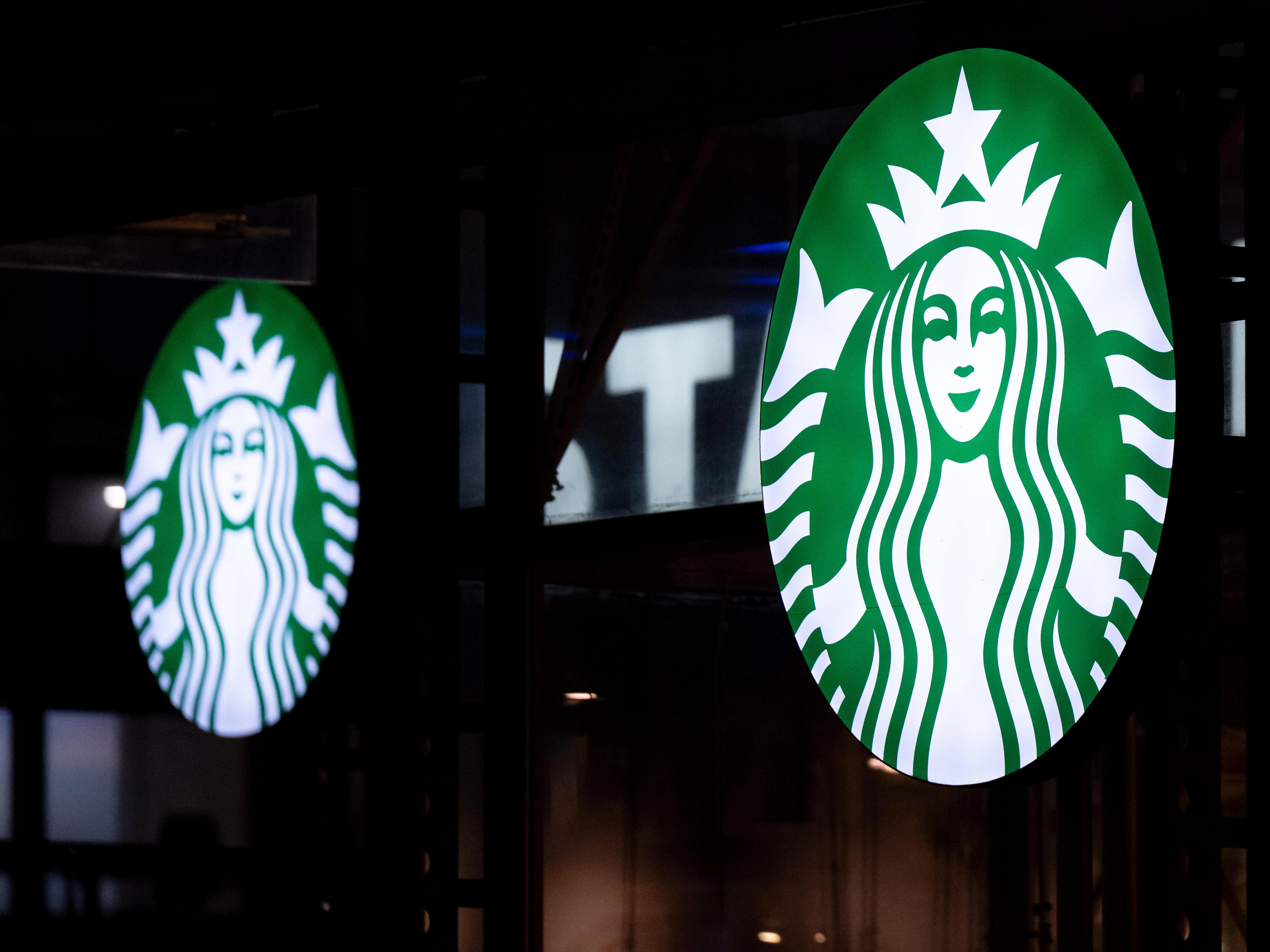
Starbucks Employees Protest Return-to-Office Mandate, Citing Culture Concerns
Starbucks is facing internal pushback regarding its new, stricter return-to-office (RTO) policy. CEO Brian Niccol has mandated that corporate employees return to the office four days a week, a decision that has sparked concern and discontent among some staff. While the company maintains that the move is aimed at strengthening its culture, some employees fear it signals a shift away from the company's long-held "people-first" values.
The controversy bubbled to the surface recently when a flyer, reportedly created by a group calling themselves "Partners for the Preservation of Starbucks Culture, Mission, and Values," was found posted in an elevator at the company's Seattle headquarters. The flyer featured images of Niccol and a list of grievances, criticizing his leadership, recent executive bonuses tied to cost-cutting measures, the RTO order, and perceived broader changes to the work environment. The flyer's message emphasized that "Getting 'Back to Starbucks' isn't just about comfy chairs. It's about our Culture, Values, Mission, and how we treat people and the environment," urging the company to reconsider its direction.
The posting followed a firm message from Niccol to corporate employees: comply with the four-day in-office requirement or consider leaving the company. This directive was particularly impactful for "people leaders" who manage teams, as their remote status was eliminated, requiring them to relocate to either Seattle or Toronto. In response, Starbucks offered voluntary buyout packages ranging from $20,000 to $100,000, depending on the employee's title, for those who preferred to leave rather than comply.
Employee Concerns and Cultural Shifts
Several corporate employees have voiced concerns that the strict RTO mandate is contributing to the erosion of Starbucks' "partner first" culture. One long-time employee, a veteran of nearly 20 years with the company, expressed worry that "a culture shift [is] happening in the organization where our public face doesn't necessarily match our private face anymore."
The RTO announcement caught many corporate workers by surprise, prompting some to immediately begin searching for new jobs and sharing their concerns on social media. Kristina Lawson, a Starbucks program manager with over 18 years of experience at the company, wrote on LinkedIn that the requirement for all "people-leaders" to relocate to Seattle has forced her to "consider exploring other opportunities."
Starbucks' Perspective and the "Back to Starbucks" Initiative
Starbucks defends its RTO mandate as a necessary step to enhance the company's culture, emphasizing that it is not intended to reduce headcount beyond previous layoffs. CEO Brian Niccol, who joined Starbucks last September, is spearheading the "Back to Starbucks" revitalization initiative, aimed at reversing slumping sales, improving the customer experience, and addressing issues with the mobile ordering system and long wait times.
In a statement, Niccol asserted that "We are reestablishing our in-office culture because we do our best work when we're together. We share ideas more effectively, creatively solve hard problems, and move much faster." He acknowledged the challenges of the transition, stating, "We're driving significant change across the company while staying true to our core values. We know we're asking a lot of every partner as we work to turn the business around. And we understand that the updated in-office culture may not work for everyone."
Cost-Cutting Measures and Executive Bonuses
Adding to the tension, a recent filing with the Securities and Exchange Commission (SEC) revealed that Starbucks is offering top executives substantial stock bonuses, potentially reaching $6 million, if the company meets its cost-reduction goals by the end of fiscal year 2027. This has fueled criticism that the company is prioritizing cost-cutting at the expense of employee well-being and its stated values.
The Broader Return-to-Office Trend
Starbucks' situation reflects a broader trend in corporate America, where many major companies are implementing return-to-office mandates. Companies like Amazon and Zoom have adopted various approaches, ranging from incentivizing in-office work with perks like raises to threatening termination for non-compliance. Some observers suspect that strict RTO mandates are a deliberate strategy to encourage employees to quit, thereby reducing the need for severance payments and health insurance costs associated with traditional layoffs.
Concerns About Loss of Expertise
One Seattle-based Starbucks employee, who has worked in corporate operations for over seven years, noted the emergence of other anonymous flyers expressing concerns about the changes Niccol is promoting. This employee also expressed worry about the potential loss of valuable expertise if passionate, remote-based employees choose to leave the company rather than relocate. The employee stated that "There are some remote partners that have niche knowledge and skills that will leave massive Kool-Aid man-sized holes in the wall if they decide to take the exit payment." The fear is that the company will suffer a significant loss of institutional knowledge and specialized skills if experienced remote workers opt for the buyout packages rather than relocating.


No comments:
Post a Comment